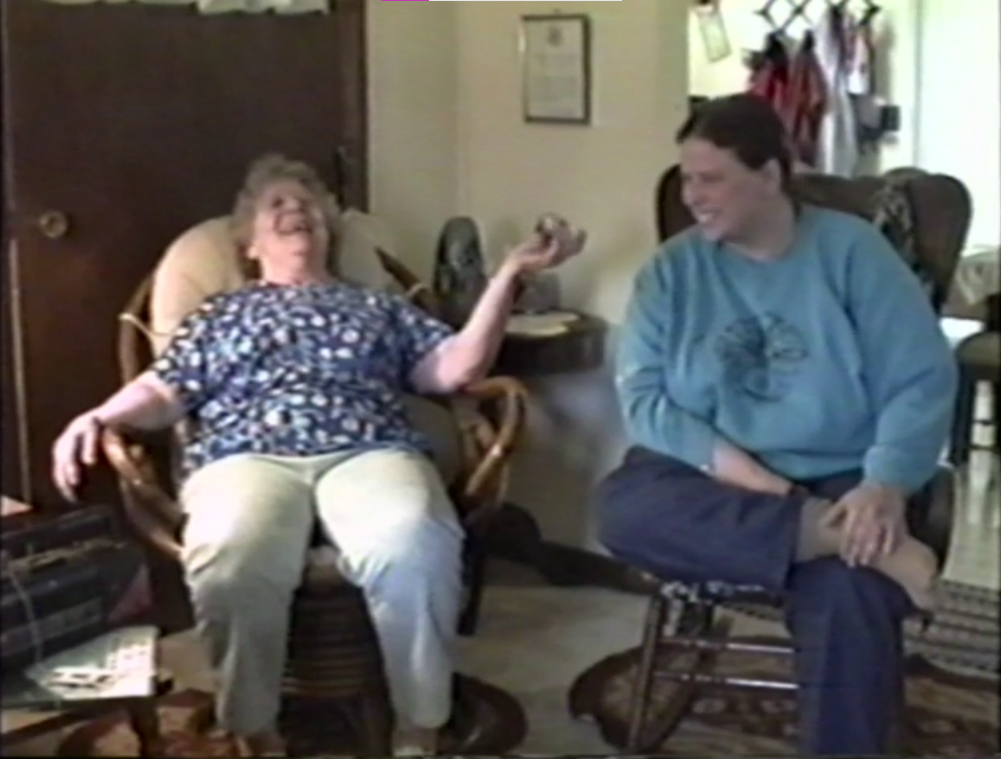We have previously posted about scholarly references to Frances and John Reedy and their contributions to the history and soundscape of Bluegrass music. A new book edited by Fred Bartenstein and Curtis W. Ellison, Industrial Strength Bluegrass: Southwestern Ohio's Musical Legacy (2020 University of Illinois Press), focuses on the history of Appalachian music and northern migration and includes a couple of references to the Reedys.
There is a brief mention of John Reedy in a section about artists who recorded on Dayton-based label Jalyn Records (2020:63), and there is a commonly reproduced image of the Reedys with the Ramey brothers included in a section of photographs (2020:90). This photo was published in the Early Days of Bluegrass, Vol. 1 (1974) LP liner notes and is the primary band image on the Reedy blog. Interestingly, the photo caption states that "the Reedys brought 'Somebody Touched Me' and 'Oh Death' to the Stanley Brothers."
Bartenstein's chapter in the volume, "Using My Bible as a Roadmap: Sacred Bluegrass in the Miami Valley," includes an entire paragraph about the Reedys (2020:118) among "An Extended Cast of Characters" who were "other individuals and organizations connected with bluegrass gospel music in the region between the 1940s and the 1980s" (2020:113).

While Bartenstein includes both Frances and John by name in the the first two sentences, sadly, the reference to their "highly influential" version of "Oh Death" the song's artist credits name him and not her (2020:118), even though she is the vocalist. We have worked to correct such omissions repeatedly in this blog as well as other public platforms and discussions. Also, Bartenstein cites Mac McDivitt and the Cincinnati-Dayton Ohio Bluegrass Heritage website as the research source for the biographical profiles of the "extended cast of characters" (2020:113-114). However, neither Bartenstein or the website cite the Reedy blog even though they most likely learned about Frances' unique middle name, "Williebob," and the Reedys' brief divorce through our documentary project, which first published these personal details about their lives.
We are still glad to see the Reedys rightfully included in this publication about Appalachian music and migration. There is also a new bluegrass tribute anthology called "Industrial Strength Bluegrass" produced by Smithsonian Folkways featuring covers of "tunes that have echoed across Ohio for decades" by "some of the biggest names in bluegrass today." We are curious but uncertain about the connection between the two and would have loved to have a Reedy song included in the mix. We look forward to sharing future updates on other Reedy news and exciting developments related to sharing their music with broader audiences.






